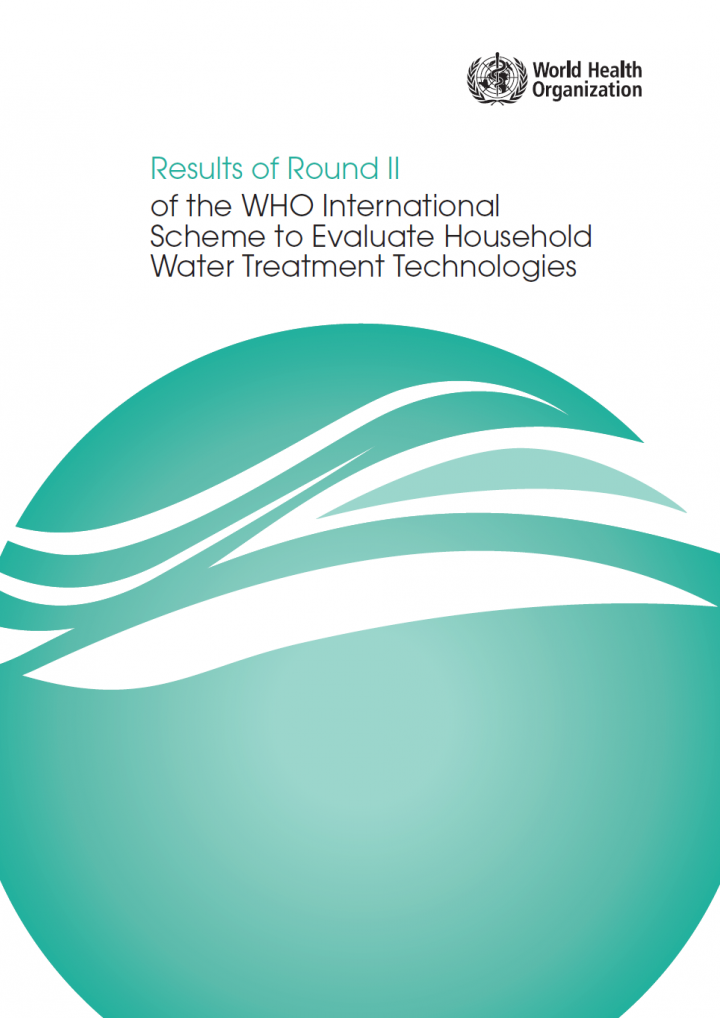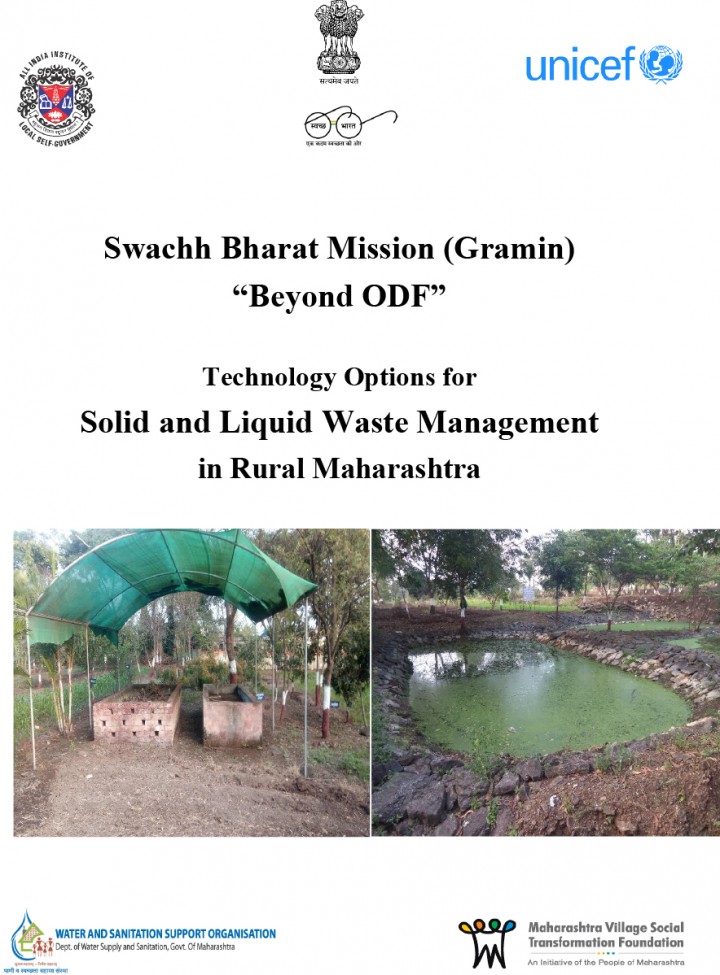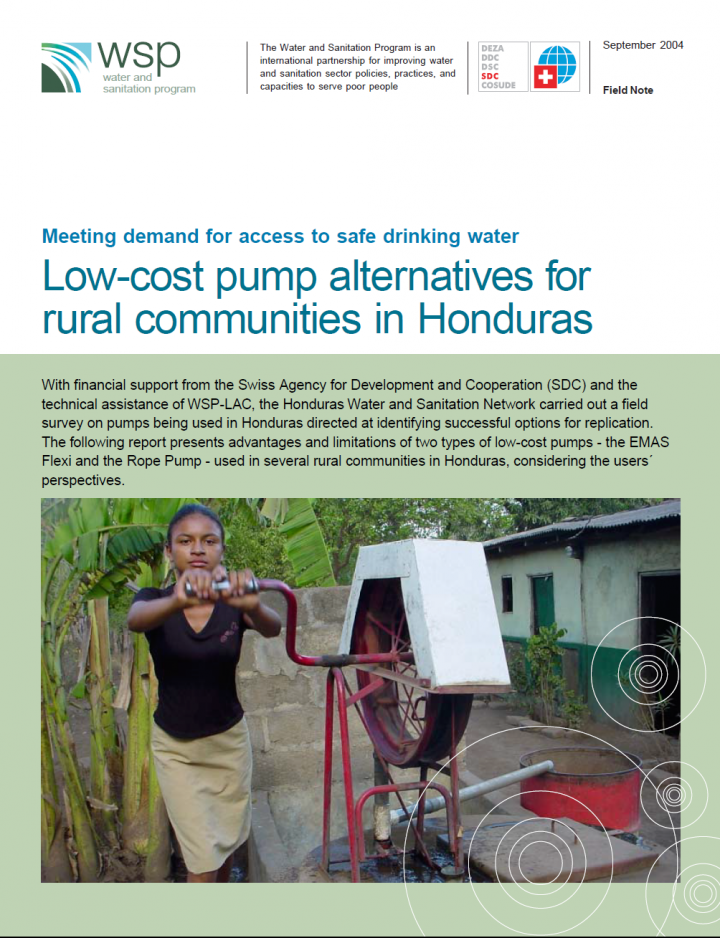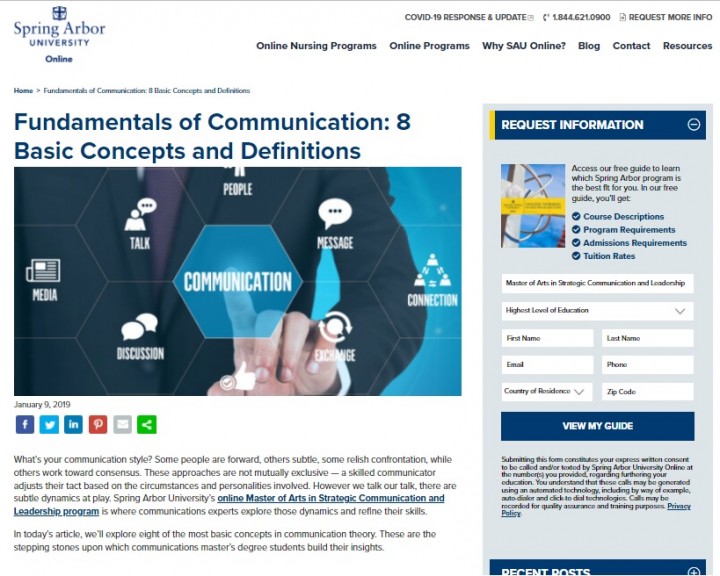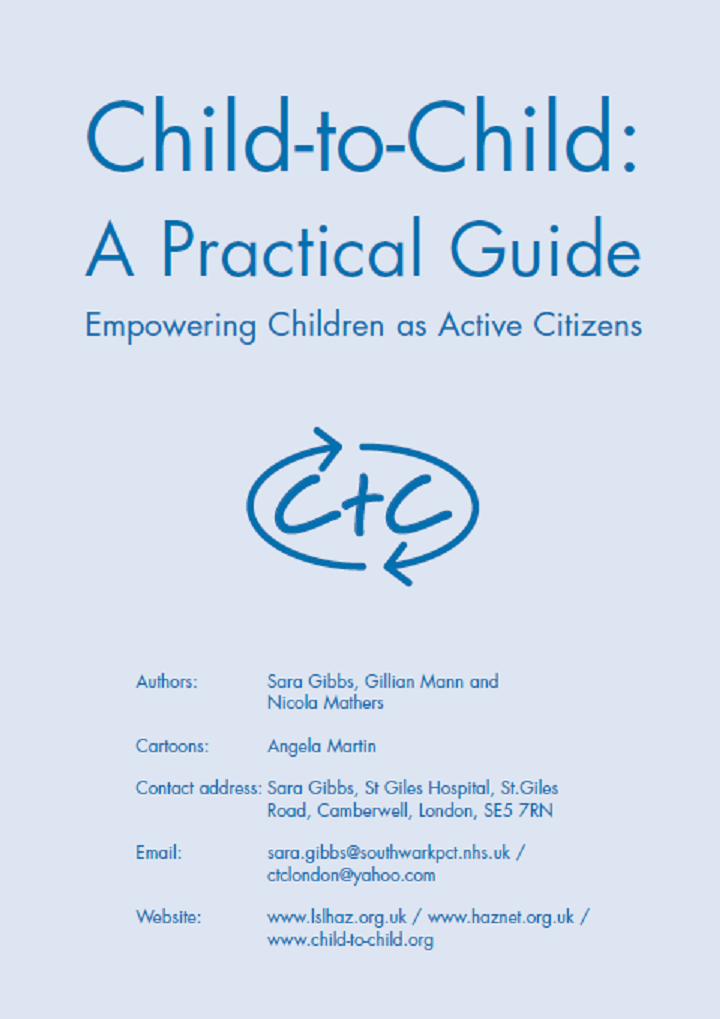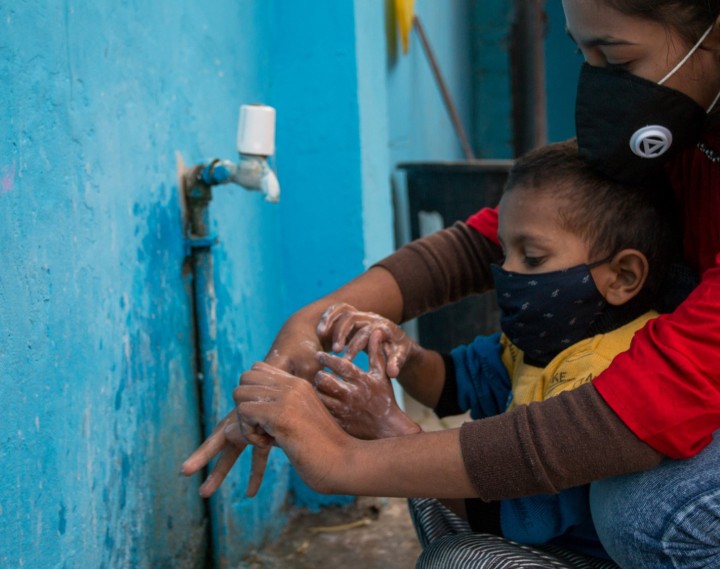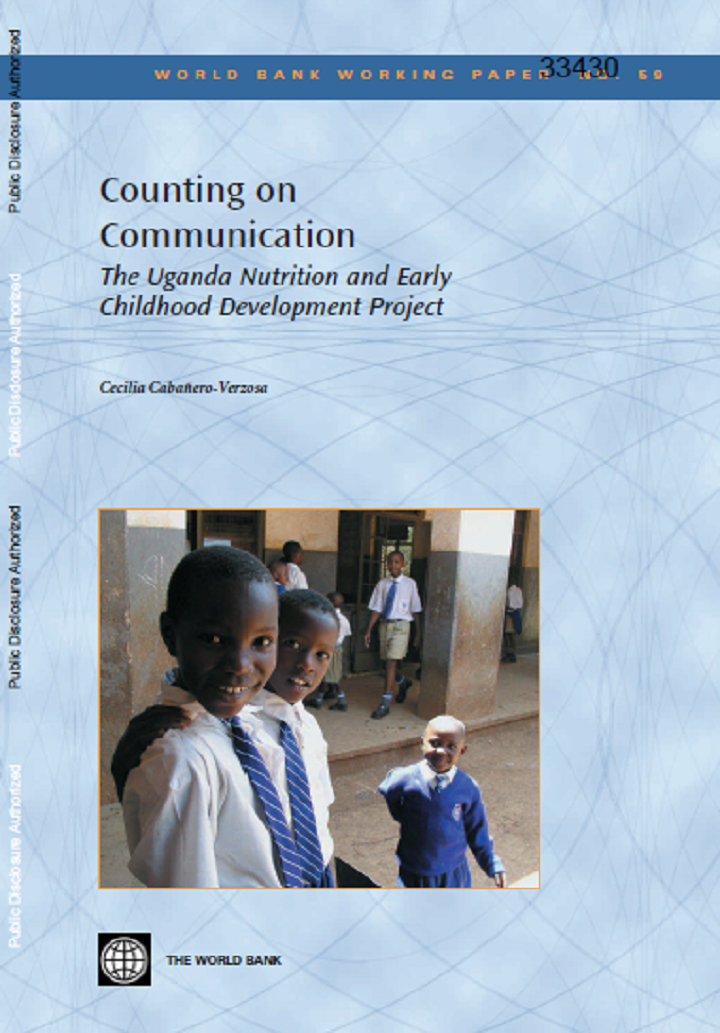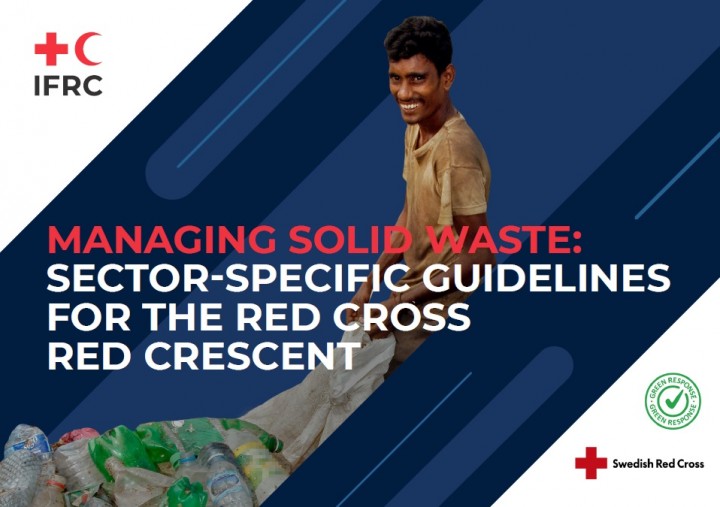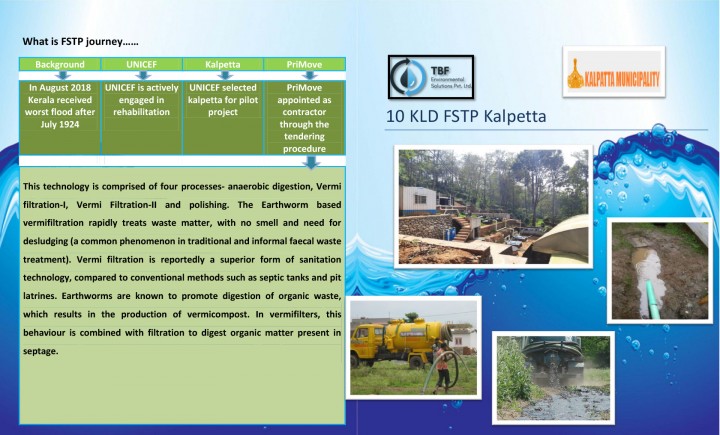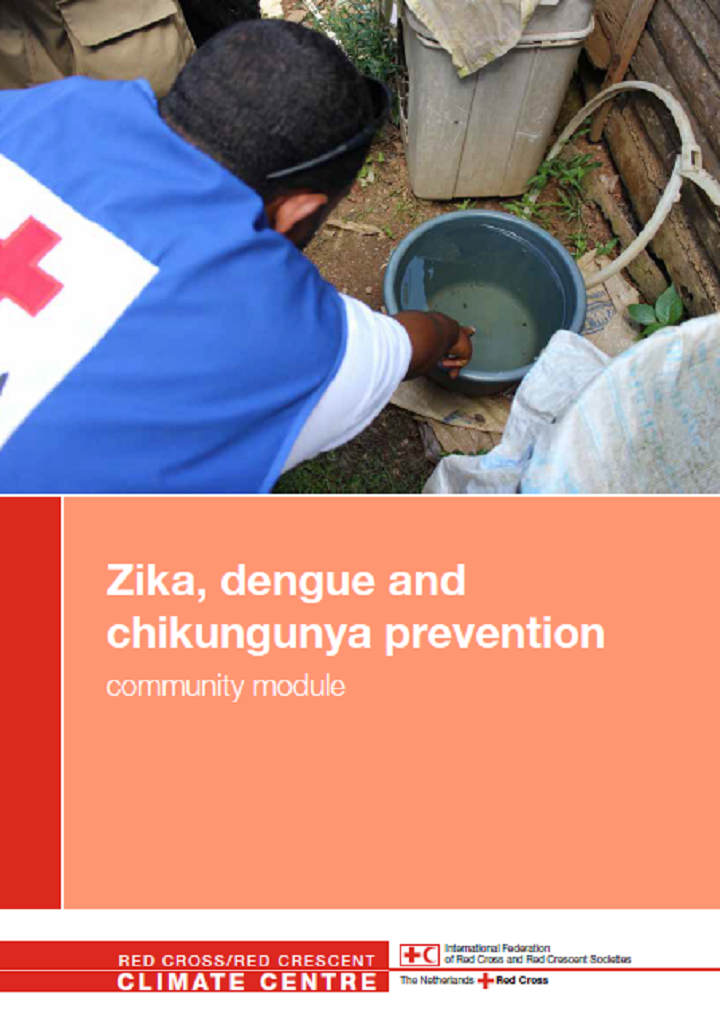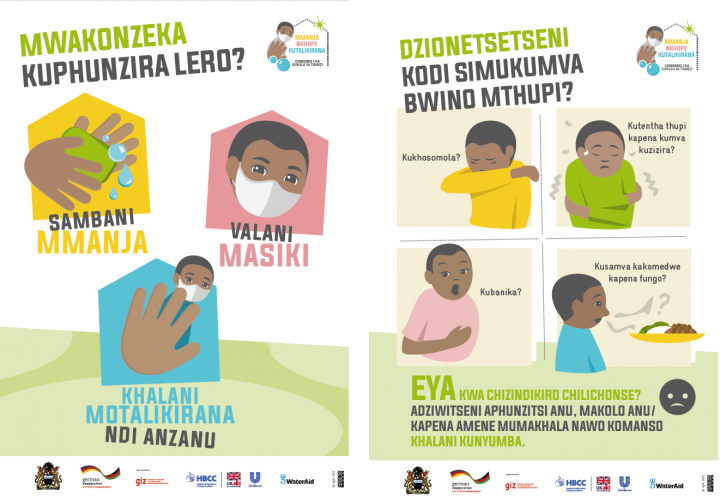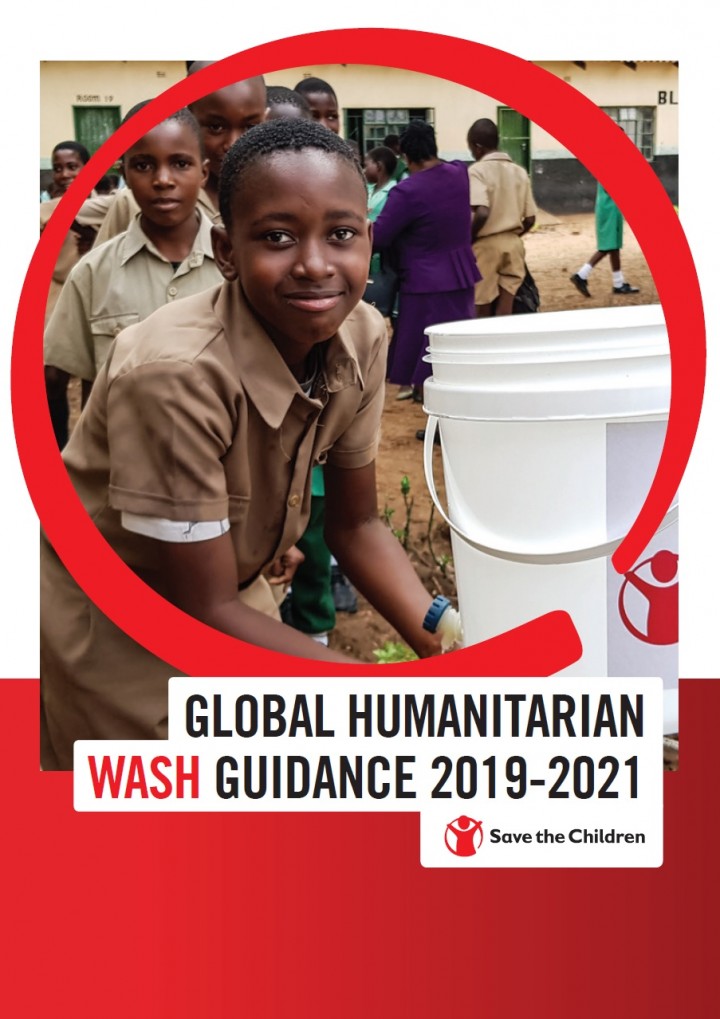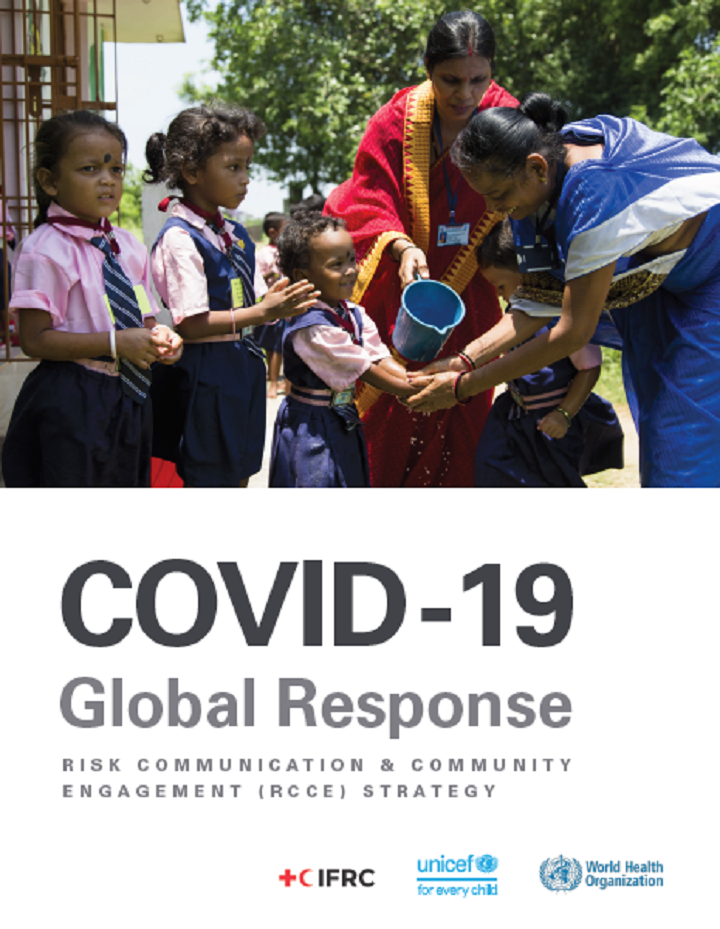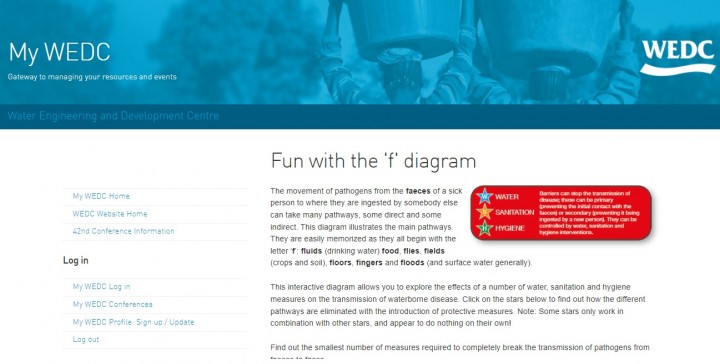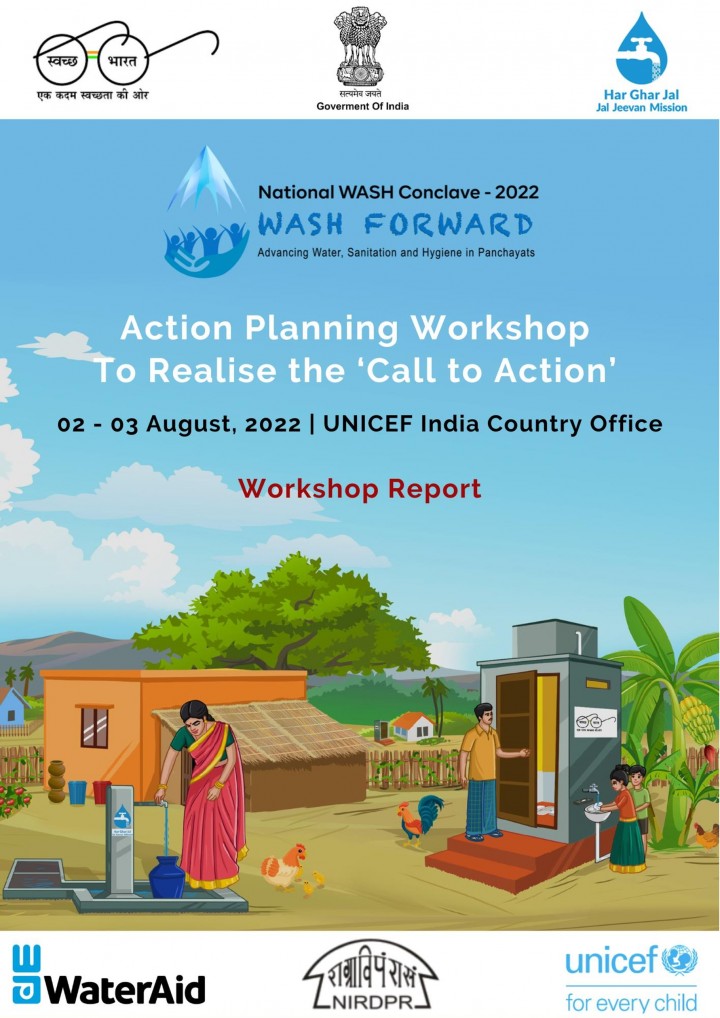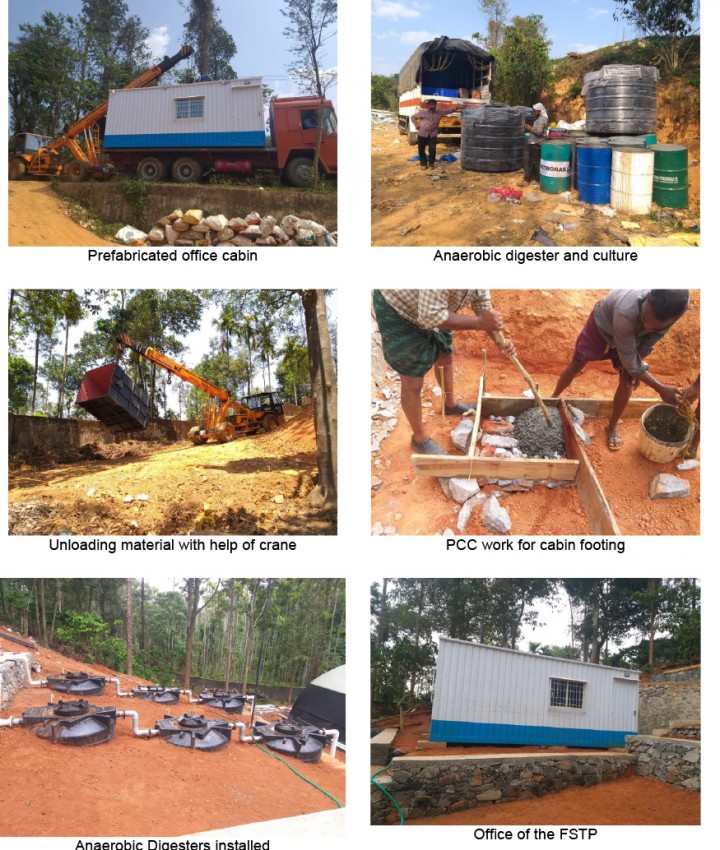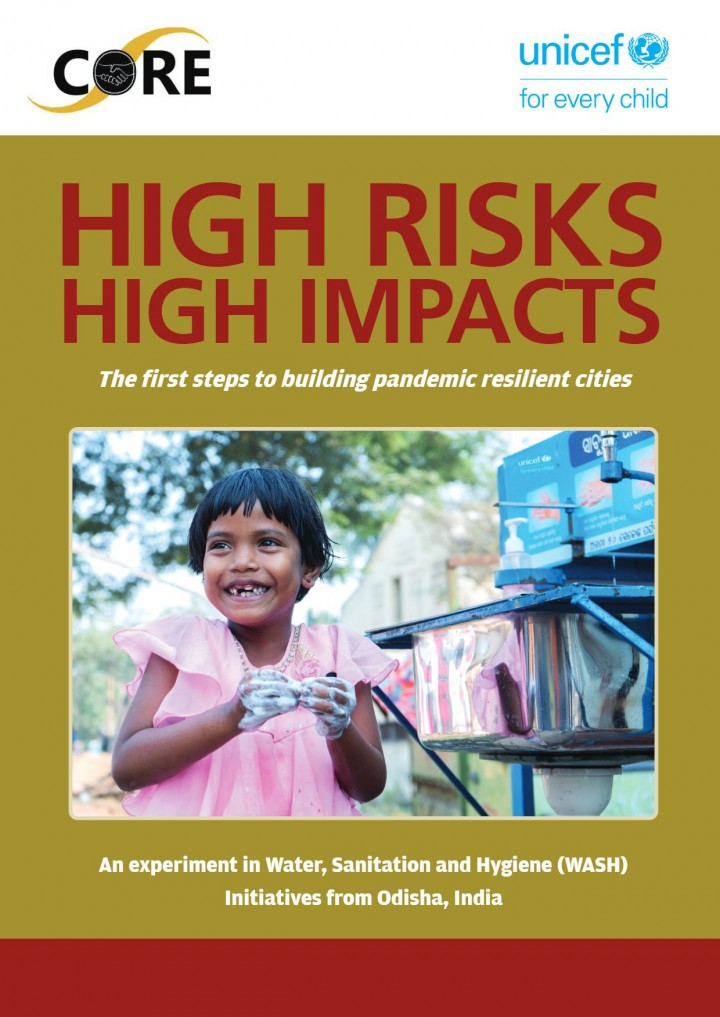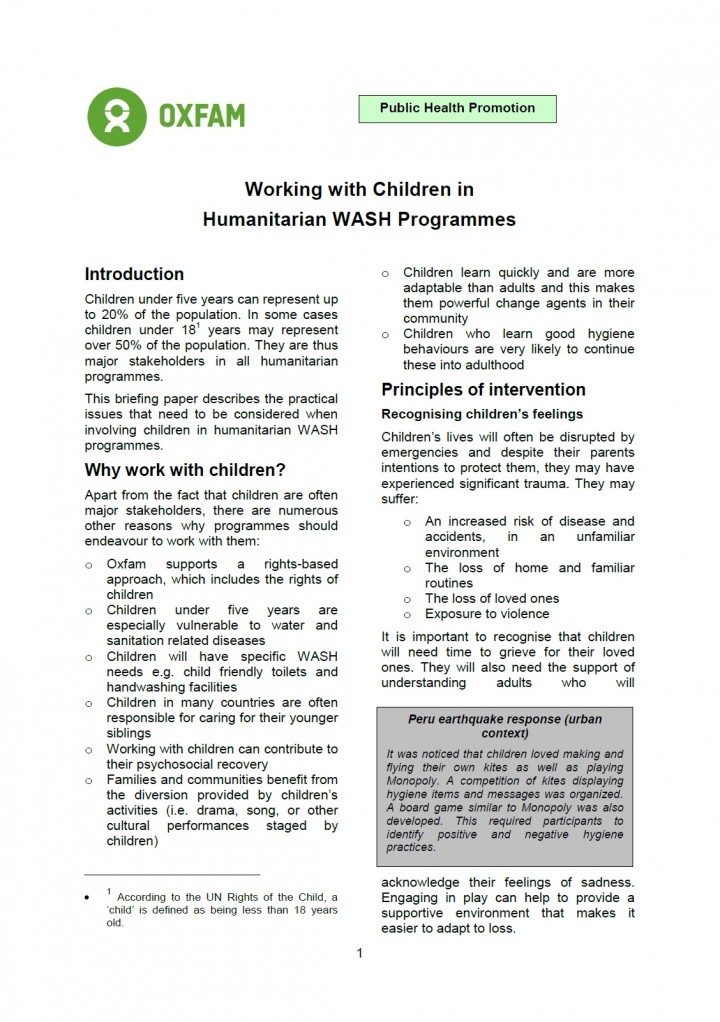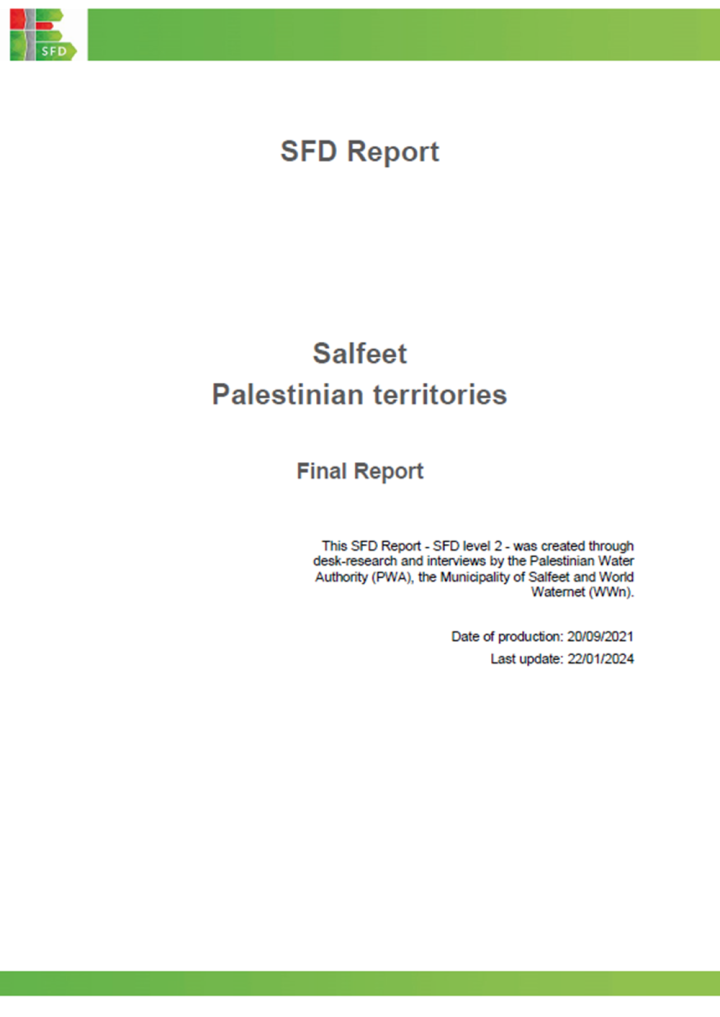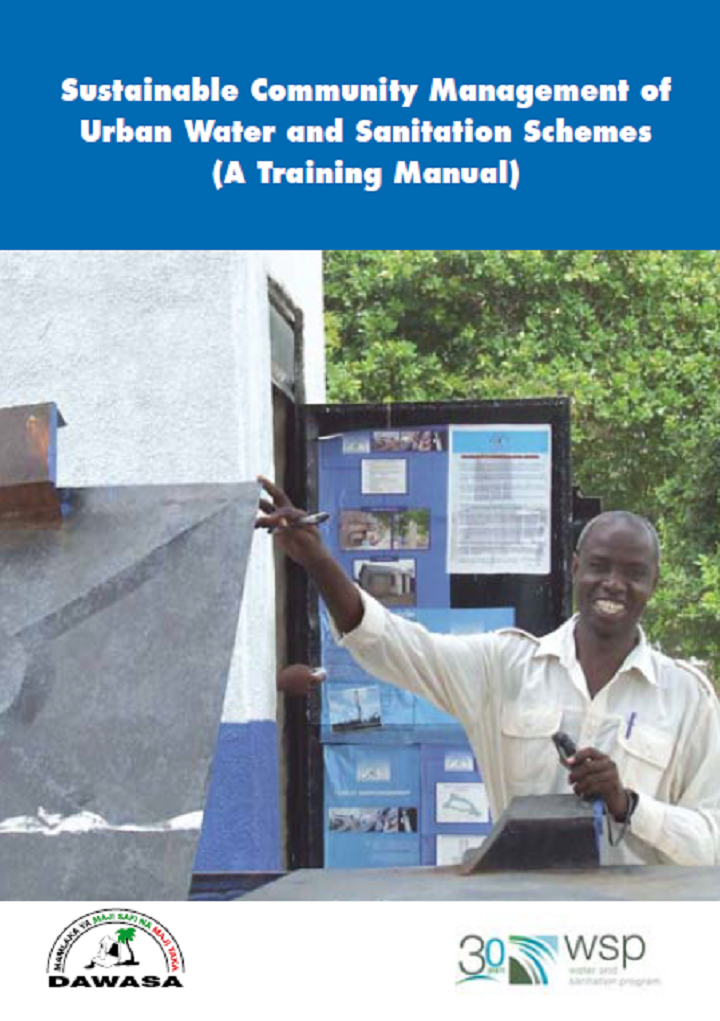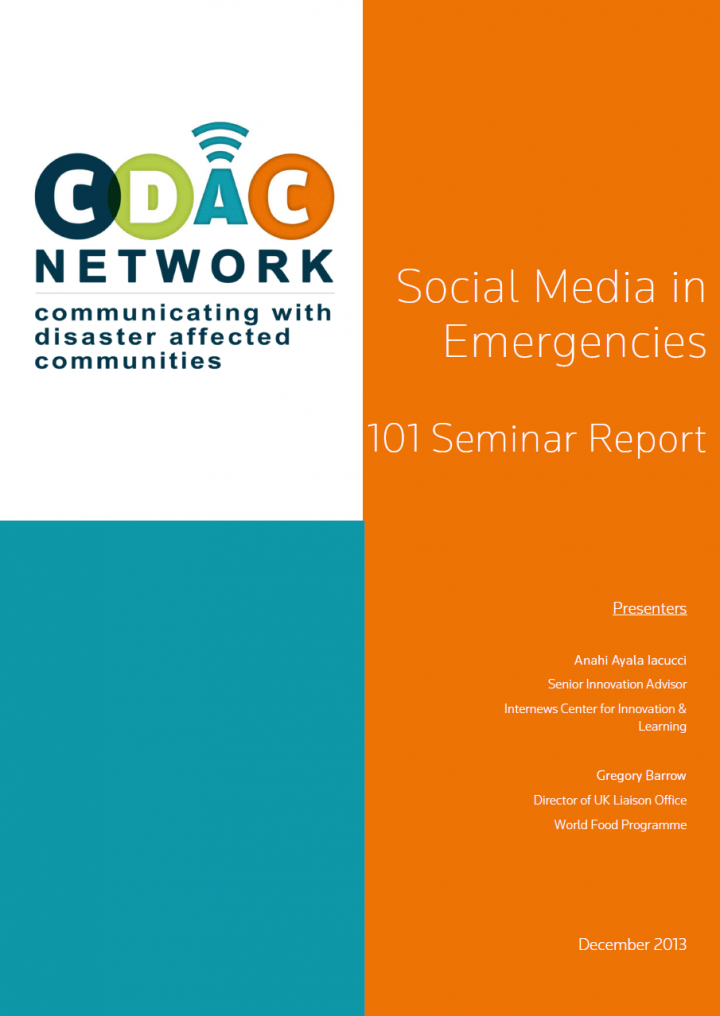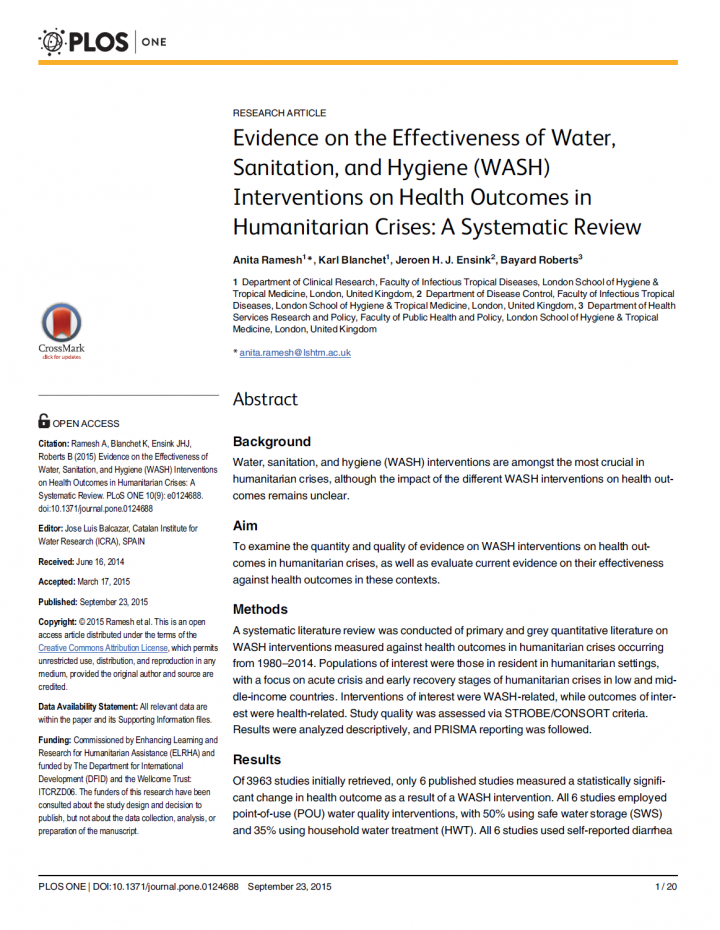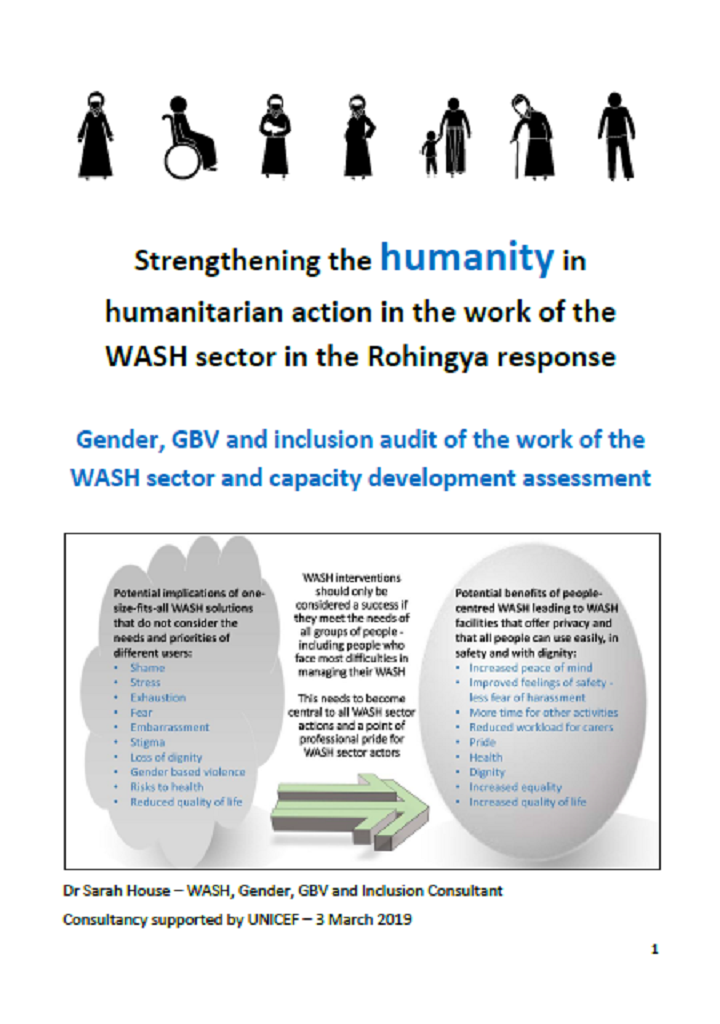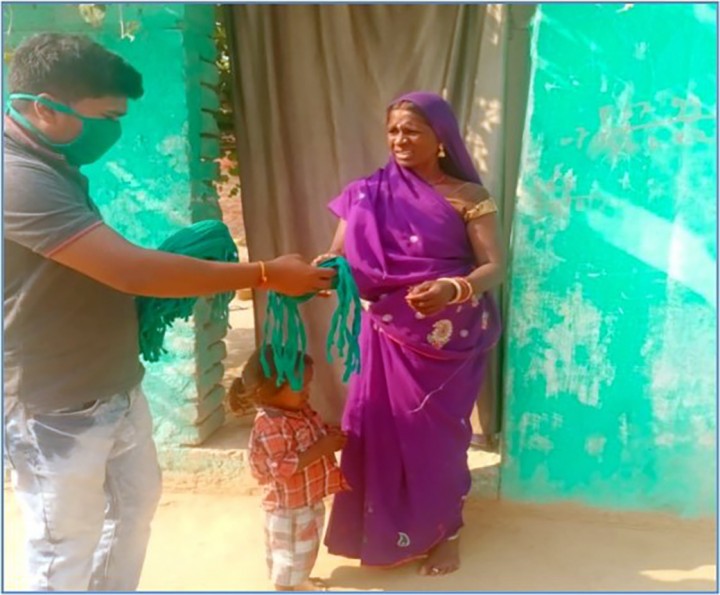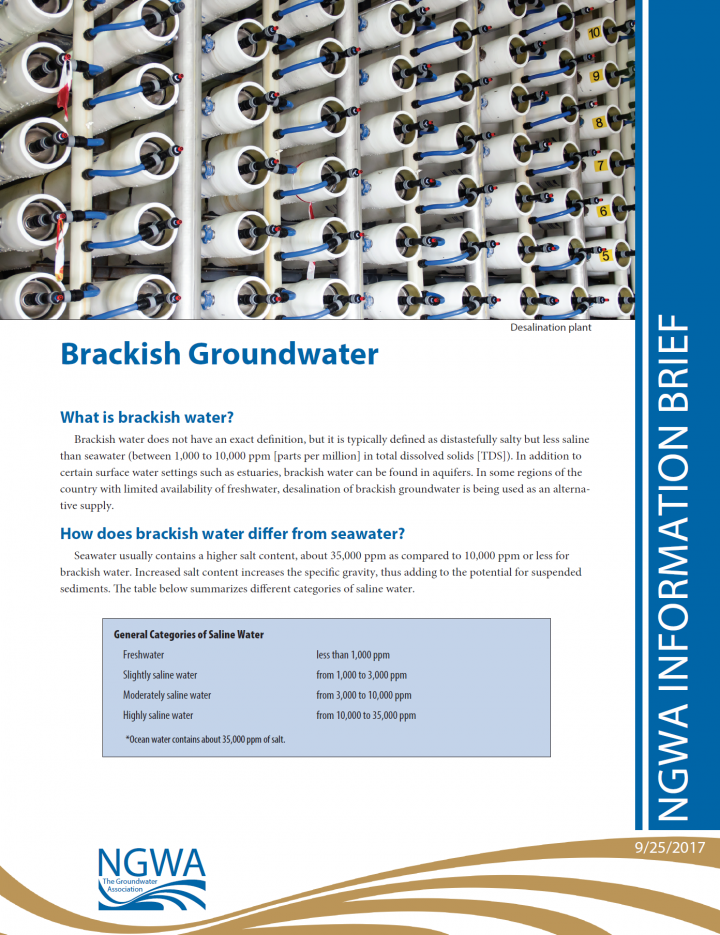Searching for information on Sanitation Workers?
The Sanitation Workers Knowledge + Learning Hub is the best source for all current news, trends, articles and updates on sanitation workers rights around the world.
Since the establishment of the International Scheme to Evaluate Household Water Treatment Technologies (the Scheme) in 2014, WHO has been independently evaluating the performance of household water treatment (HWT) technologies in removing microbial contaminants from drinking-water. The results of the evaluation are intended to guide procuring United Nations (UN) agencies and Member States in HWT …
The technologies mentioned in this document have been shortlisted based on topographical considerations, technical feasibility cost effectiveness and scalability. Moreover, these technologies should be easy to operate and require minimal intervention of skilled personnel, which is otherwise a limitation in rural areas.
The Technical Manual is intended to provide the reader with suggestive …
With financial support from the Swiss Agency for Development and Cooperation (SDC) and the technical assistance of WSP-LAC, the Honduras Water and Sanitation Network carried out a field survey on pumps being used in Honduras directed at identifying successful options for replication.
The following report presents advantages and limitations of two types of low-cost pumps - the EMAS Flexi and the …
At a webinar on 5 May, 2021, World Hand Hygiene Day, IRC, UNICEF, WaterAid India, WHO and the SuSanA India chapter organized a webinar with experts from the field of public health, WASH, disaster management and more. The objective was to reach civil society organizations from across India with a Call to Action. It urged CSOs, local government institutions and other local networks to prioritize …
The Uganda Nutrition and Early Childhood Development Project was one of the World Bank's first projects to demonstrate the value-added of strategic communication. The strategic communication component developed for this project included the use of formative research about values and attitudes with respect to child rearing, in order to develop and test effective messages. The communication …
There is an increasing awareness among humanitarian actors, including those within the Red Cross Red Crescent (RCRC) Movement, of the importance of improving environmental sustainability of programming and operations. Many are recognising that the deteriorating state of the environment can often be a trigger for crises and disasters. There is an urgent need to break the cycle between conflicts, …
The Americas Regional Office of the International Federation of Red Cross and Red Crescent Societies (IFRC), through its Zika Response Team, has adapted an interactive toolkit and teaching guides for Zika, Dengue and Chikungunya Prevention to the regional context by translating the materials to Spanish and adding a Seasonal Calendar for Vector Control to the toolkit. Additionally, the Zika …
Our vision is a world in which every child affected by an emergency wherever she/he is – at home or displaced; in schools; and in health institutions – has the right and access to safe water supply and adequate sanitation facilities and is enabled to perform basic hygiene.
This operational guidance outlines the role Humanitarian WASH will play within Save the Children 2019-2021 strategy. The …
A clear and integrated Risk Communication and Community Engagement (RCCE) strategy and response is vital for community uptake of essential public health and biomedical interventions to prevent and control the spread of disease. This strategy ensures dialogue and participation of all stakeholders and affected communities during preparedness, readiness and response.
The COVID-19 outbreak and …
The movement of pathogens from the faeces of a sick person to where they are ingested by somebody else can take many pathways, some direct and some indirect. This diagram illustrates the main pathways. They are easily memorized as they all begin with the letter ‘f’: fluids (drinking water) food, flies, fields (crops and soil), floors, fingers and floods (and surface water generally).
This …
The NIRDPR in partnership with UNICEF, WaterAid and other development partners had conducted a 3-day National WASH Conclave “WASH Forward: Advancing Water, Sanitation and Hygiene in Panchayats” during February 23-25, 2022. Over 3000 participants including representatives from the Ministry of Jal Shakti, Ministry of Panchayati Raj, officials from the state and district …
Wayanad's pilot project on faecal sludge management (FSM) has encouraged risk-informed programming, innovation, in the sanitation sector. A unique waste management system has been commissioned in Wayanad that uses vermifiltration (use of worms) to process waste and turn it into compost and useable greywater.
At the onset of the pandemic, UNICEF has worked in close coordination with the Government and other development partners including WHO, primarily focusing efforts towards supporting coordinated actions for the preparedness, containment and mitigation of the outbreak. UNICEF with its response has adopted a multi-sectoral approach to the issue, ensuring that women and …
Children under five years can represent up to 20% of the population. In some cases children under 18 years may represent over 50% of the population. They are thus major stakeholders in all humanitarian programmes. This briefing describes the practical issues that need to be considered when involving children in humanitarian WASH programmes.
Salfeet is located in the middle of the West Bank. It is bordered by the Ariel settlement and Marda village to the north, Nablus Governorate to the east, the Green Line (the 1949 Armistice Line) to the west, and Ramallah Governorate to the south. As a region, Salfeet covers a total land area of 27 km2.
The 2021 population is 11,873 inhabitants (PCBS, 2021) with a population growth rate of …
The aim of this capacity building programme is to improve the efficiency and positive impact of urban, community-managed water and sanitation schemes. The manual was originally developed in collaboration with the Dar es Salaam Water and Sewerage Authority’s (DAWASA) Community Water Supply and Sanitation Program (CWSSP); but some of the material is applicable to other urban communities who may …
101 Seminar Report: Social Media in Emergencies: On November 25th 2013 the CDAC Network hosted a 101 Seminar on Social Media for Emergencies. The Seminar was led by Anahi Ayala Iacucci of Internews and Gregory Barrow of WFP, and it was hosted by Plan UK. The CDAC Network 101 Seminar Series is designed to build the capacity of members by improving information sharing amongst members and the wider …
Background
Water, sanitation, and hygiene (WASH) interventions are amongst the most crucial in humanitarian crises, although the impact of the different WASH interventions on health outcomes remains unclear.
Aim
To examine the quantity and quality of evidence on WASH interventions on health outcomes in humanitarian crises, as well as evaluate current evidence on their effectiveness against …
Brackish water does not have an exact definition, but it is typically defined as distastefully salty but less saline than seawater (between 1,000 to 10,000 ppm [parts per million] in total dissolved solids [TDS]). In addition to certain surface water settings such as estuaries, brackish water can be found in aquifers. In some regions of the country with limited availability of freshwater, …

